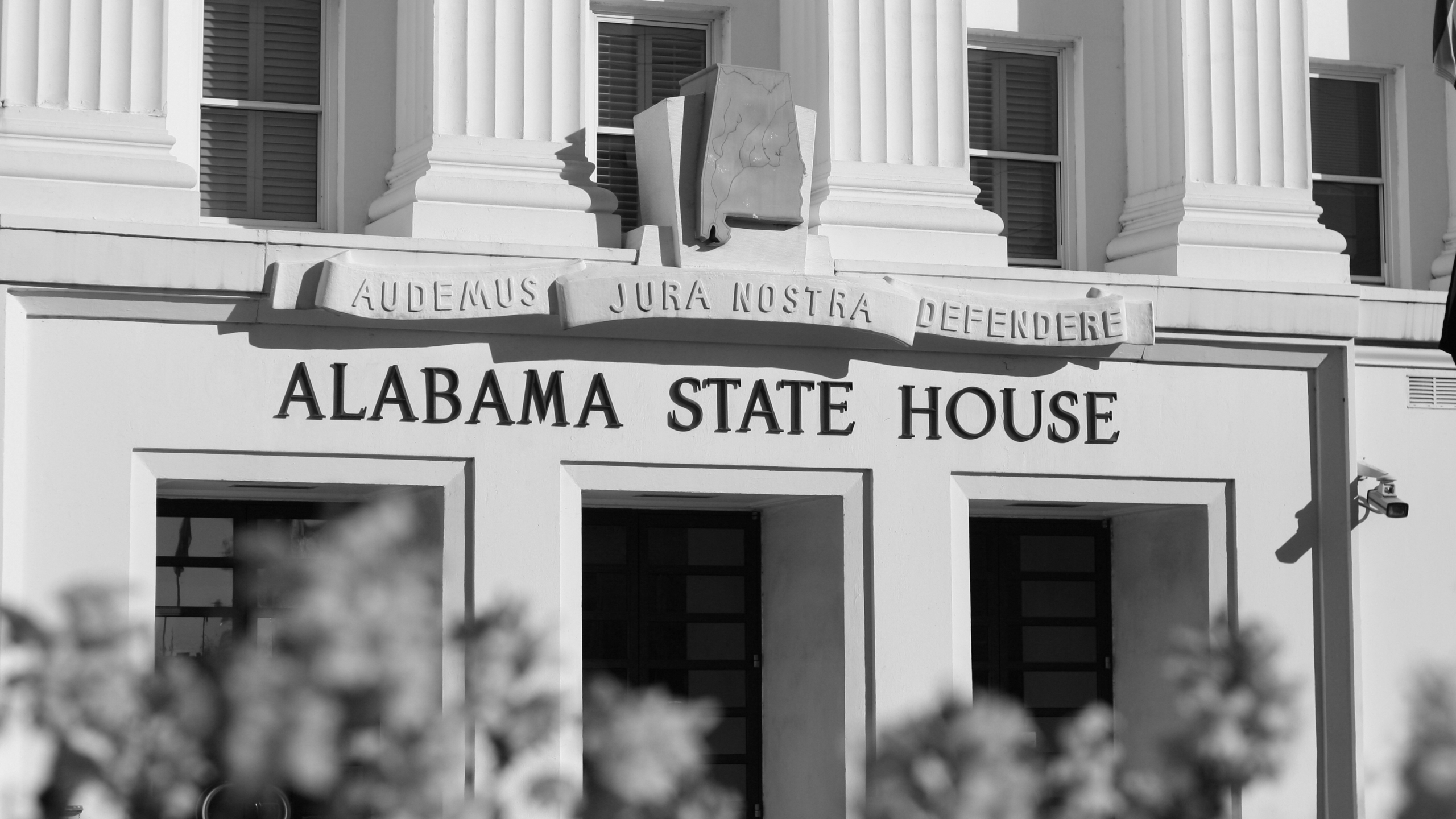The 20-member Legislative Council voted unanimously Tuesday to sign a contract with the Retirement Systems of Alabama on the construction of a new State House.
The contract will allow RSA to design and construct the new building, which would then be sold or leased to the Alabama Legislature.
“The significant challenges with the current Alabama State House, ranging from black mold to chronic flooding to outdated electrical systems and countless others, have been well documented by the media and experienced by everyone who utilizes the building,” said House Speaker Nathaniel Ledbetter, R-Rainsville, who serves on the Legislative Council. “Just like the cost of repairing an old, outdated automobile eventually exceeds its value at some point, the Legislative Council has determined that the significant funding necessary to update the dilapidated State House would be better spent by investing in a new one.”
In addition to the problems with the difficulties of an aging building, the current State House was never designed to to be used as a chamber for stat lawmakers but is instead repurposed for that cause after housing the Department of Transportation for decades.
That secondhand nature of the building means it also falls short in public access, as the press and public are often crammed into meeting rooms much too small, or are forced into overflow rooms.
“A new State House isn’t just a building; it’s the foundation of a stronger Alabama, for the people of Alabama,” said Senate President Pro Tempore Greg Reed, R-Jasper. “If state legislatures are the laboratories for democracy, then Alabamians deserve a statehouse that will allow as many citizens into the lab as possible. The Alabama State House should be a place where citizens from every corner of our great state can actively engage in the democratic process, not a building that restricts their participation and limits access to their government.”
Ledbetter also noted the lack of public access as another major factor in the decision to move toward building a new State House.
“A new State House will provide much-needed public access and adequate space for Alabama’s press—allowing more opportunities for Alabamians to attend legislative meetings, have input in important debates, and let their voices be heard on the issues that matter to them most,” Ledbetter said.
The state also faces more than $80 million in deferred maintenance costs if it chooses to keep the building up and running, according to a statement from Reed’s office.
Still, the potential price tag of a new State House is still weighing on the minds of lawmakers. The cost won’t be known until the design phase—and lawmakers are reserving the right to back out of the agreement if they decide the price is too costly.
“What we do have here is a right to essentially pull the plug,” said Sen. Sam Givan, R-Gurley, who chairs the council. “We have a right to terminate this; obviously we would have to pay RSA any money they were out, plus 8 percent. So I think hat is fort of our parachute on this thing.”
The potential costs of the project also factor into the potential for the Legislature to lease the building from RSA over the course of 25 years, with the option to buy it out at any point in that lease agreement.
“Because of sky-high interest rates, entering into a lease-to-own agreement and allowing the Retirement Systems of Alabama to manage the construction component of this project offers the most common-sense fiscal option for taxpayers,” Ledbetter said.






















































